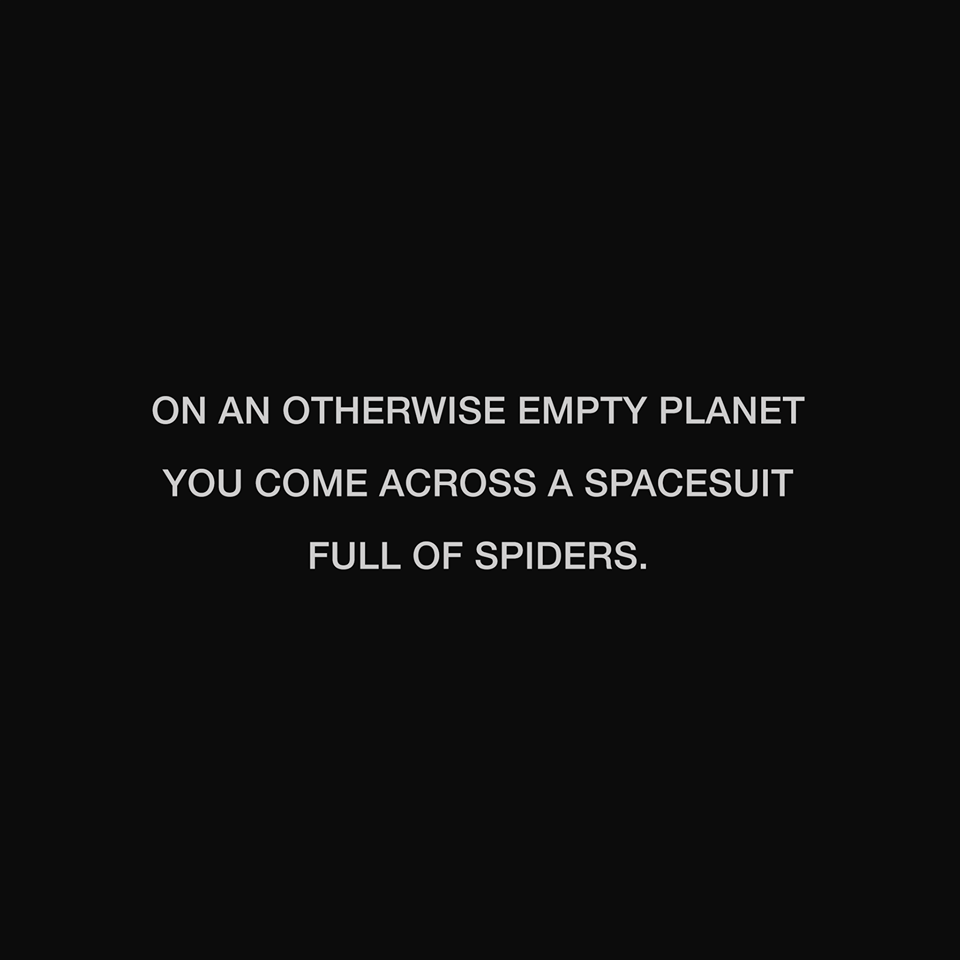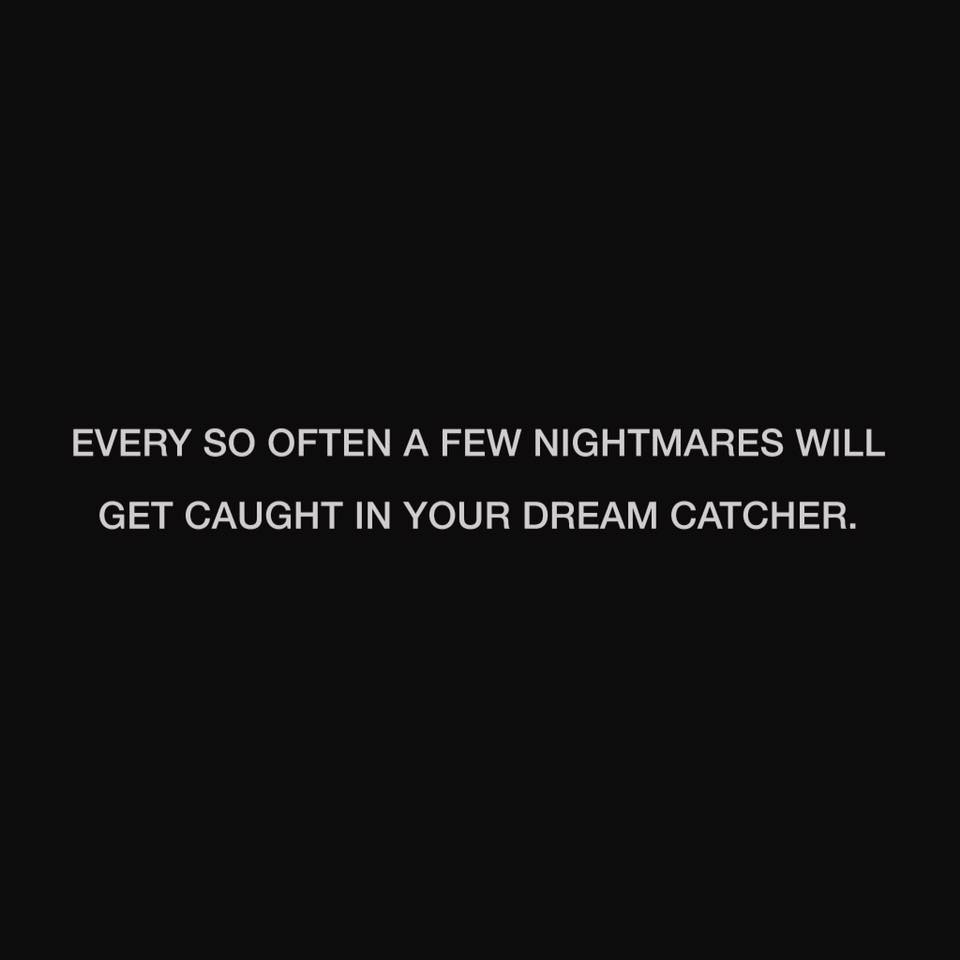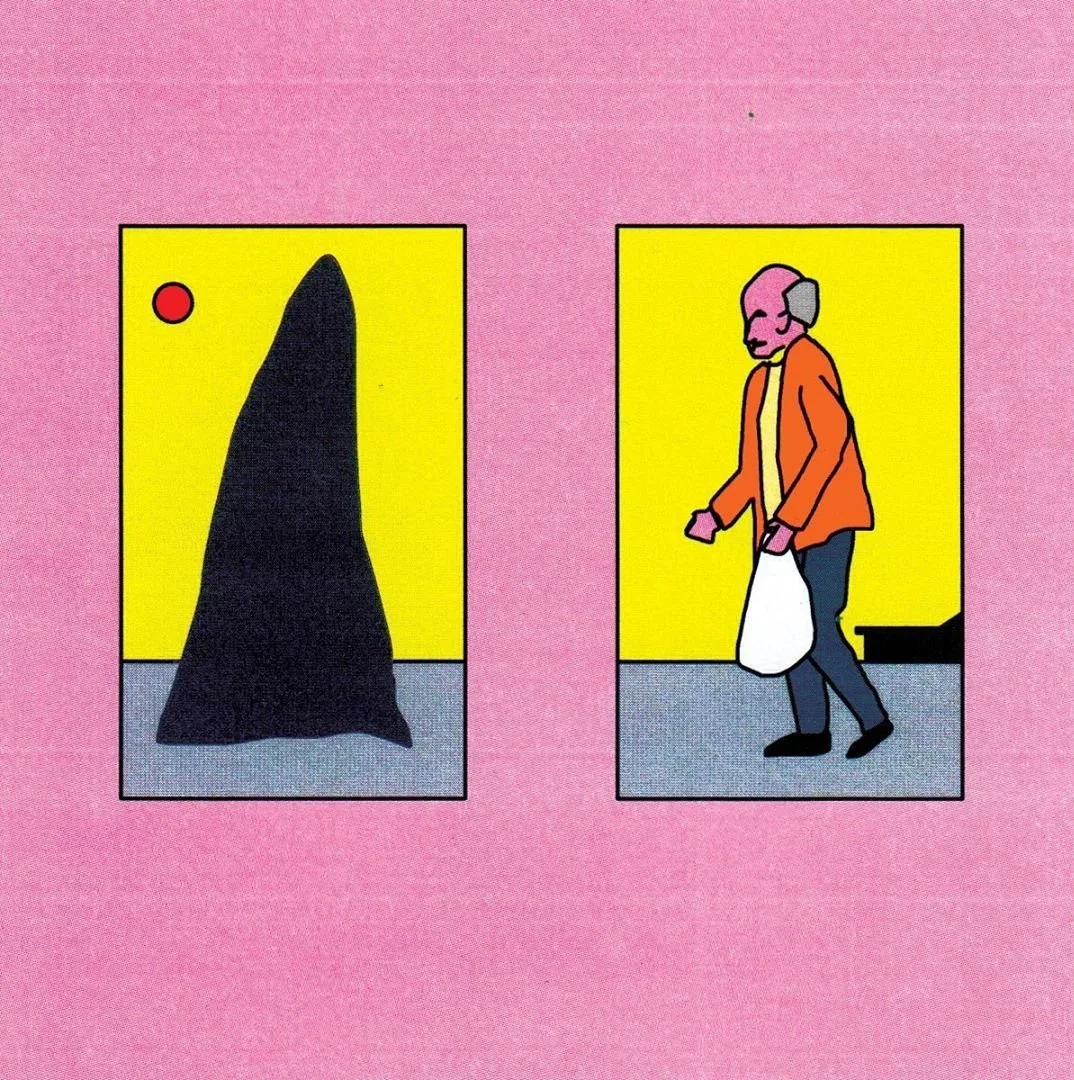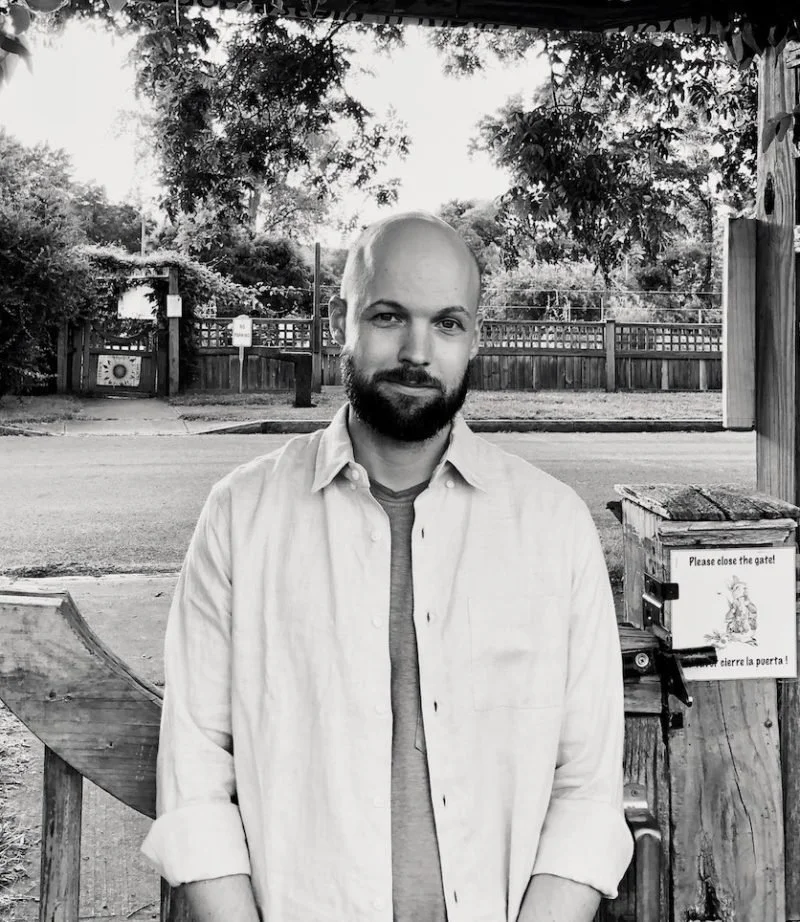Writer and visionary Pete Majarich has been working at a micro level for almost five years. Small Worlds, a collection of his literary contributions across social media platforms, is the embodiment of 'Tiny Sci-Fi': brief snapshots that capture futuristic mayhem, technological paranoia, and cataclysmic humor all in a sentence or two. Pieces that include bionic arms, mosquito-sized drones, cryogenically frozen astronauts, robotic brain surgeons, and so much more. With a lovely new website and a book on the way, I spoke to the flash (science) fiction writer and talked a bit about craft, attention span, consumption of media, sub-atomic particles, and, yes, Seinfeld.
How long have you been writing science fiction?
That's so strange. The exact moment I read your question, I heard the words "science fiction" in the UNKLE track I was listening to. They sampled it from an old 1950s movie and it played right when I began reading your email. I guess that makes it a good time for me to answer your questions? Now, to the point, I have been writing stories for about five years now.
How long has Tiny Sci-Fi existed? (both in your head and in reality)
Tiny Sci-Fi started as an experiment in the Twitter medium. When the platform first came out, like many people my first reaction was 'What's the point of that? Why would anyone care what I'm doing right now, or what I'm having for dinner?' Then of course, once you get into the community you realize there's so much more to it. It's just a completely new way to package and share information, and what you get out of it all depends on who you follow. I mean, you can use Twitter to consume all sorts of content. It can be used for the mundane, but it can also be used for the extraordinary. Like reading tweets from a rover on Mars, or re-living one-liners from Mitch Hedberg. Small Worlds/Tiny Sci-Fi started as my brief little contribution, back in 2013 I think. I use it as a way to fall asleep. I find conceptualising a story a great way to nod off. It's like counting sheep for me. If the story I invent in my mind is good enough, I have to wake up enough to write it down. If I'm too tired, I convince myself it wasn't a very good idea anyway. (Who did that joke first? Does it come from Seinfeld? Not sure).
Have you done other forms of writing in the past?
I've worked in advertising for a good part of my career. During that period i've spent a lot of time crafting copy or writing headlines, and as it is with all good writing, economy is paramount. The biggest idea you can distill into a small-enough headline, the better. It's like writing a joke. Make it short and sweet. Put the punchline at the end. All those things helped inform any writing I've done in sci-fi.
What intrigues you about the short form of writing?
I think overall, our attention spans are dwindling. But someone made the point that on the whole, we're actually reading more as a species than ever before. It's just not in large chunks. Our consumption of information is spread out over tiny nuggets during the day. We probably read a hundred Facebook status updates an hour. A dozen Instagram captions. News headlines as push notifications. I basically write the stuff I would like to read. My attention span has atrophied like everyone else's over the past five/ten years since mobile phones have become so pervasive. Even now while I'm writing these answers, I'm fighting the urge to check my Twitter. Anyway, I like that really big ideas or concepts can be conjured up in only a few words. It's like a smaller version of a singularity, where a large amount of matter is compressed into a tiny space. Or how if you zoom into an atom, you see that it's made up of neutrons and protons, and that those particles are made up of sub-atomic particles, and so on. It's not always necessary to read a 400 page book in order to grasp a complex idea. In fact, the concepts that are communicated the most effectively and that stick, are the ones communicated the most efficiently. I think, in a lazy, cynical way, it's an effective strategy in engaging our attention-addled brains.
Do you read much in the realm of flash fiction / microfiction?
I try to read all sorts of fiction, but I end up reading mostly non-fiction. It's hard to avoid the news about the tumultuous political climate we have found ourselves in. But that being said, it's an awesome moment when you get pulled in to an engrossing novel. Getting past that first tipping point of 'What is this?' and 'Why should I care?' to 'I don't want to put this down' is magical. As fun as short/flash fiction is, the flip side of that is that nothing compares to that epic feeling of following a hero along an expansive journey. I have a long list of books, graphic novels, audiobooks and short films I want to check out. It's depressing to think that our lives are too short to consume all the amazing media there is out there to enjoy.
Along with continual stories, do you plan on expanding the website/vision of this passion project?
A book is in the works. I hope to publish a collection of new, previously unseen short sci-fi stories soon. I've also got a few, er longer form short stories and some short film ideas on the cards too.
Any underrated sci-fi books/movies you'd recommend?
I try to tell everyone I know about 'Sum' by David Eagleman. The book's subtitle is '40 Tales from the Afterlife', which makes it sound like it's some new age mysticism or something. But it's not. It's a bunch of amazing, thought-provoking pieces on life and death and everything in between. Eagleman — a neurologist at Stanford University — weaves in concepts about everything from philosophy to media to religion into each one. It's the perfect book to read in your favorite coffee shop while a storm rages outside. Most of my stories are heavily inspired by the greats like Lovecraft, Philip K. Dick, Charlie Brooker, and of course Rod Serling. 'The Twilight Zone' isn't exactly underrated, but it's amazing how many people don't realize just how many modern feature concepts or premises originated in an early TZ episode. Also, if I could travel into the future, I am sure that Uel Aramchek will have become famous or at least highly lauded, because the stories under his 'North of Reality' umbrella are exceptionally weird and beautiful.
Do you have any advice for writers/creatives trying to find their way?
I'm a writer trying to find my way. But what I've found helped me in my process is as follows: Write what you want to read. Trying to second guess what the audience or the market wants is a mug's game; There will always be someone more talented and/or prolific than you, and there will always be someone less talented and/or prolific than you. Just get on with writing; The best way to make a cool thing is to make lots of things; Ideas pop up when you combine two, previously-unrelated things into one; Don't be flowery with your language; and read Cormac McCarthy every few years. As I said, this is just as much advice to myself as it is to anyone else.
































![[TITLE] written while listening to Zushi by Dean Blunt](https://images.squarespace-cdn.com/content/v1/580fa9f7e58c62cb7501937b/1665847727162-7ZB4MQGXPPQSXY3GSJX1/zushi.jpeg)







